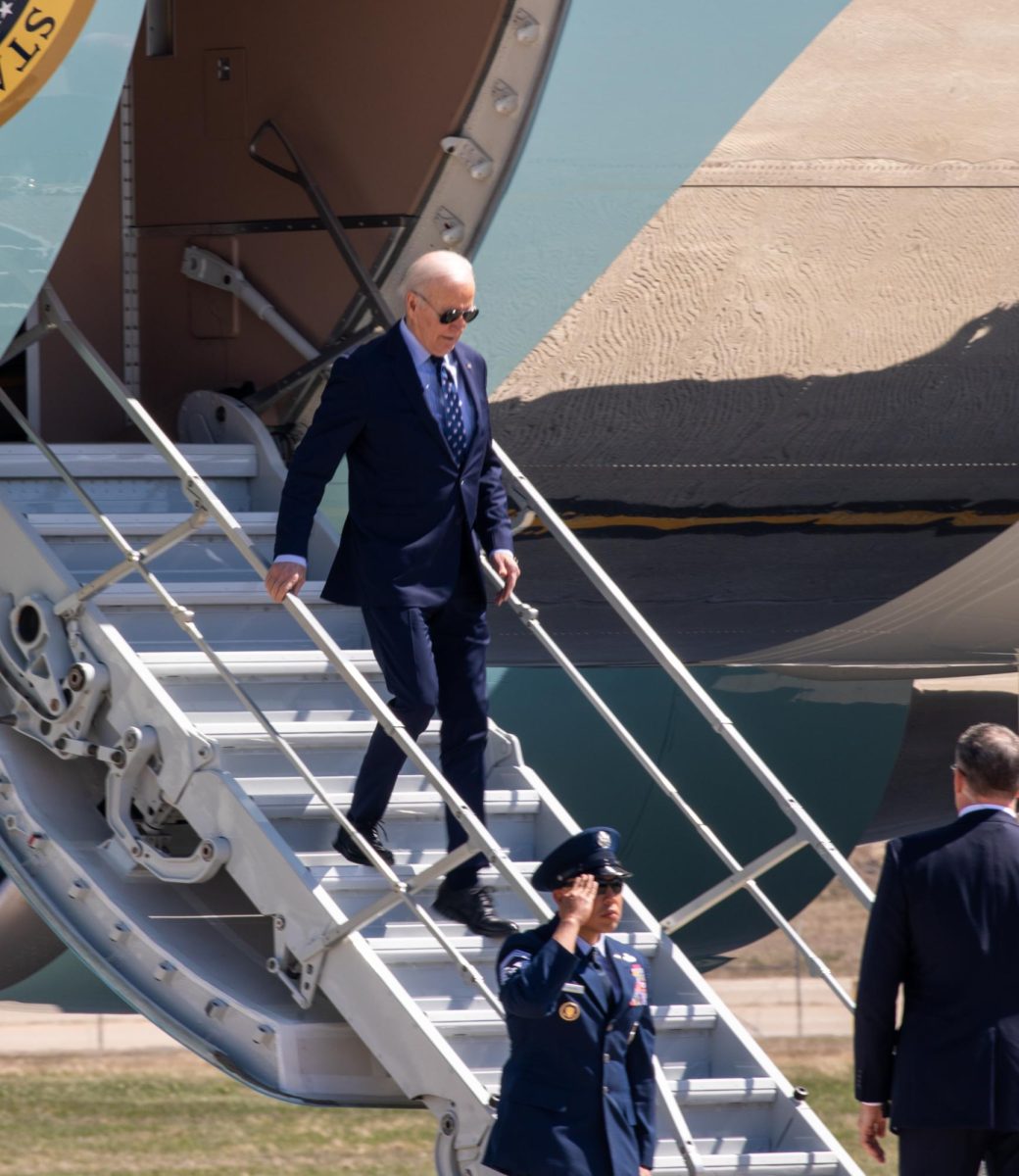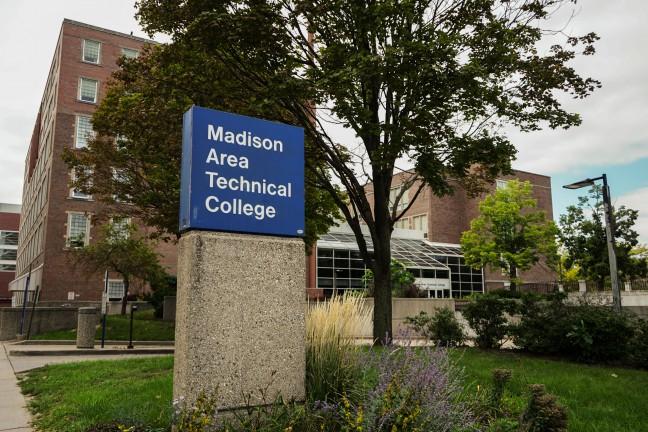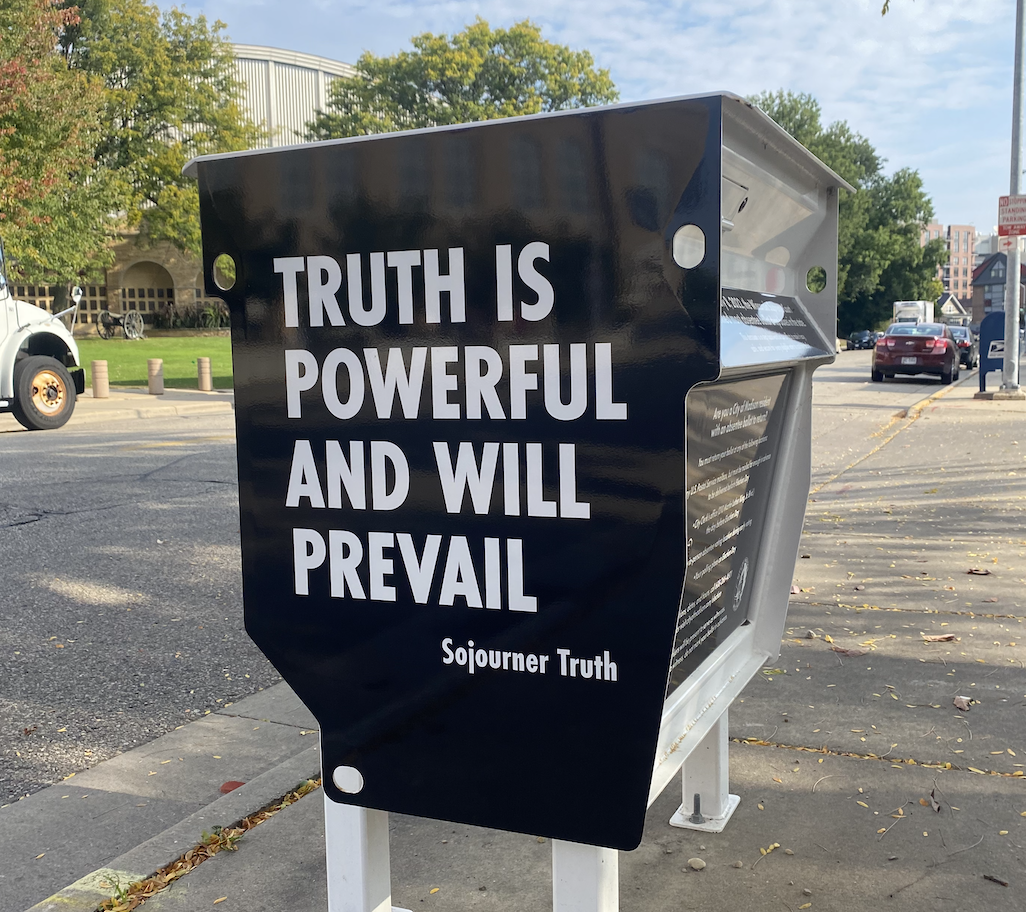Beginning in elementary school, I started to find the passions in my life: love, America and the Green Bay Packers. The three are not unrelated.
I need no scientific data to prove that I am far from alone in my first two passions; one need only go to the movies to see that everyone values love, and — as we were reminded 13 months ago — just about everyone in this country feels a strong sense of pride in the American ideal.
But passion for the Packers exists farther below the radar screen; outside the state of Wisconsin, its evidence is tougher to find.
Yet this passion takes hold nationwide, more than one would expect. In a national Harris Poll conducted earlier this fall, nearly 20 percent of all respondents named the Packers as their favorite or second-favorite team. No other team came close.
One might explain my passion as a mere product of growing up in Wisconsin, but one cannot so easily explain this love for the Packers across America.
One could say it is because they are talented, but so are a lot of other teams. One could say it is because Brett Favre is fun to watch — which begins to get closer to the underlying reality — but outside Wisconsin, most people don’t get the chance to see him every week.
One could say the nation is full of older fans who grew attached to the team during its Vince Lombardi-era dominance in the late ’50s and ’60s, but several dominant teams have come and gone since that time without holding on to such a large fan base.
The answer lies deeper, and it is related to Americans’ love for America as they wish it to be. If a visiting foreigner wants to discover the spirit of our country, tell him to visit 1265 Lombardi Ave. on a Sunday in autumn.
There he would see the national creed of “e pluribus unum” in action. Sixty-five-thousand fans of different backgrounds and social strata yell like hell for the same team: Dock workers slap high-fives with paper-company executives, and first-time visitors to Lambeau Field share a beer with grandparents who’ve had season tickets in the family for decades. Every game is sold-out.
On the field, players with vastly different life experiences, races and beliefs unite for one common goal.
Kabeer Gbaja-Biamila, an immigrant from Africa, blitzes the quarterback on the same defensive line as Iowa farmboy Aaron Kampman. Brett Favre, the golden child of the NFL, chats on the sideline with Terry Glenn, perhaps the most despised player in the league last season when with New England. They win together; they lose together. E pluribus unum.
These reflections hold true for a number of sports teams in America, but Green Bay holds a greater attraction. The Packers’ very existence as a sports franchise is a near-miracle. Green Bay is by far the smallest city to boast a professional sports team (the stadium can hold more than half the city’s population) and stands as the only team that is publicly owned.
These two facts make the Packers perhaps the most significant anomaly in professional sports, and they contribute to the national passion for them. Like the species that somehow eludes evolution to remain in its original state, the Packers have survived intact from their founding in 1919 — no small feat, and none but the Chicago Bears can match such longevity.
But this time warp goes back further, back to the founding of American principles: self-government, egalitarianism and republicanism. The team evokes the utopia of the past in the midst of an increasingly complex world.
The Packers have always been in Green Bay, and they probably always will be. Packer staff and fans are not subject to an owner who can hire and fire at will, who can move the organization somewhere else when economic times are tough.
The players are a part of the community rather than outside of it (in a city of only 100,000 people, they don’t have a choice). They don’t own massive estates or penthouses in Green Bay; those who live there have houses and lawns and send their kids to public schools, just like everyone else in the city.
I know the passion isn’t for everyone, and the analogy to America is not without its problems. Women do not suit up on Sundays (though a great many are Packer fans), and uniting for three hours on a frigid Sunday afternoon at Lambeau is not exactly as worthy a cause as uniting for the winter months at Valley Forge.
But this unity behind the Packers holds more symbolic meaning than just coming together to watch a football team, and the team’s mystical allure is not just about a game. The continuing popularity of the Packers shows the continuing idealism in the hearts of Americans everywhere: In a country full of bitter conflicts, rapid change and a growing feeling of powerlessness, we know the Packers will always be there. The games will always be sold out. The fans’ lives will change, but their favorite team will not.
E pluribus unum.
Matt Lynch ([email protected]) is a senior majoring in English and political science.







